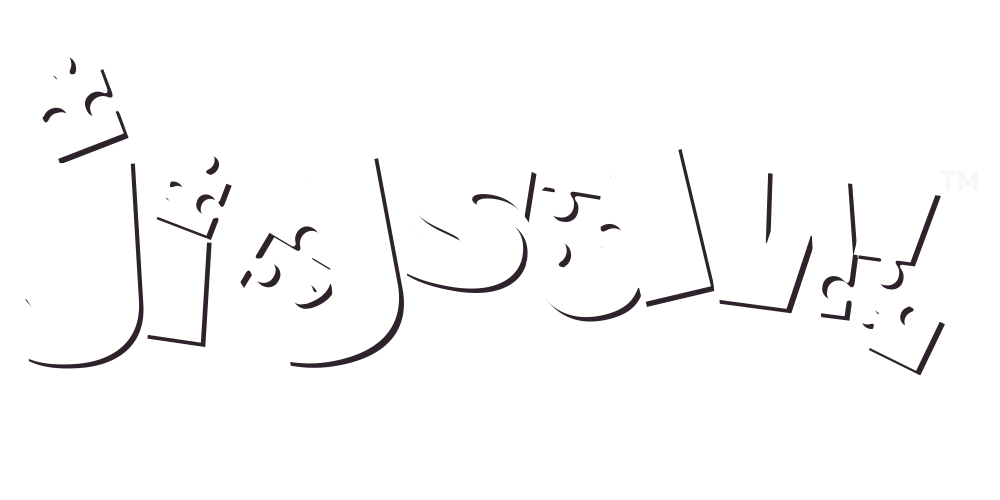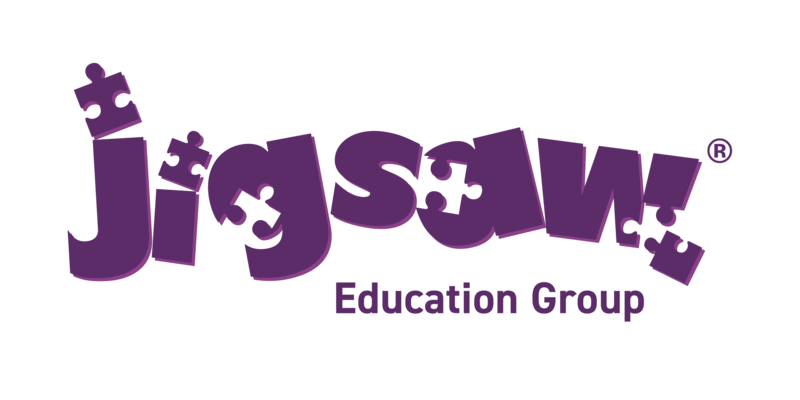
A Reflection on the National Content Standard for RE and related publications
By Sarah Bareau, RE Regional Adviser (Southwest), Jigsaw Education Group
Thursday 2nd May 2024 marked the official launch of ‘Developing a Religion and Worldviews approach in Religious Education in England: A Handbook for Curriculum Writers’. Hosted by the Religious Education Council for England and Wales (REC) as part of their AGM in London, the event began with an opportunity for a panel (Professor Trevor Cooling, Stephen Pett and Paul Smalley) to explain how the Handbook has evolved from previous publications and projects, and their hopes for how it can make a positive difference for the future of Religious Education (RE) in schools.
The Handbook comprises four sections, each intended for a particular audience. The full Handbook can be access here: https://religiouseducationcouncil.org.uk/rec/wp-content/uploads/2024/04/24-25698-REC-Handbook-A4-DIGITAL-PAGES.pdf
At the core of the Handbook is the National Statement for Entitlement, which contains a vision of what a worldviews approach to RE looks like. Taking this one step further is the National Content Standard (NCS). Alongside the Handbook, this is aimed at guiding SACREs, schools and leaders to select content and design a high-quality curriculum for their setting. All of these documents follow on from the Commission on RE’s 2018 publication ‘Religion and Worldviews: the way forward - a National Plan for RE’, (often referred to as the CoRE Report) and sit within the context of the REC’s Religion and Worldviews in the Classroom project.
The launch event came hot on the heels of ‘Deep and Meaningful?’ the Religious Education subject report published by Ofsted in April 2024. This stated that the complexity of RE’s position in schools has increased over the last decade with syllabuses continuing to be determined locally but only applying to some, not all, state-funded schools. The expansion of multi-academy trusts (MATs) adds an additional element of variation as they are entitled to develop their own curriculums in line with funding agreements. MATs span increasingly wider geographical areas meaning that schools within a trust are often located across several local authorities, each with their own Agreed Syllabus for RE.
Despite frequent calls on the government as a whole, and the Department for Education (DfE) in particular, for greater clarity – both from RE organisations and Ofsted itself – the matter remains unresolved and is impacting the current quality of teaching and learning:
“The lack of a coherent approach to the subject has negatively affected leaders and specialist and non-specialist teachers. The absence of an infrastructure to support schools has only served to compound problems that already existed.” (Ofsted, April 2024)
What is the National Content Standard?
The National Content Standard is a guide to selecting curriculum content and the best approaches to deliver this in the religion and worldviews classroom. It does not specify or recommend particular content but is “about the standard, not the stuff” (Deborah Watson OBE). In general, the recommendation is to avoid superficially broad coverage, so schools are advised to study fewer worldviews (both religious and non-religious) but in greater depth.
It is laid out in a way that mirrors a National Curriculum Programme of Study, including a Purpose of Study and a guide to selecting content. The latter lists six criteria:
1. Legal framework – ensuring the requirements relevant to the type of school are met
2. Intention – to be framed by the NCS
3. Inclusive Principle – of both religious and non-religious worldviews
4. Contextual Factors – taking your local context into account
5. Collectively Enough Principle – recognising the curriculum cannot cover everything about every worldview
6. Coherency – being able to explain why content has been selected and how it contributes to progression of learning
The nature of the content is broken down into three key elements and eleven strands:
· Content: nature/formation/expression; organised/individual; contexts; meaning and purpose; values, commitments and morality; influence and power
· Engagement: ways of knowing; lived experience; dialogue/interpretation
· Position: personal worldviews reflexivity, personal worldviews impact
Whilst no single unit of learning will include all of these, a curriculum should be designed so that each element is covered and revisited across a pupil’s learning journey in religion and worldviews.
The approach recommended at the launch event is to start with context (i.e. a case study), generate high-quality questions and through those approach wider learning about a worldview (or multiple worldviews). As Trevor Cooling commented, “How do we create a conversation rather than just making sure they know stuff?” Local studies are encouraged as a means of starting with a context that is most relevant to pupils, but the themes from these can be extrapolated outwards to explore national and global perspectives.
In the section titled ‘Making good progress’, the NCS also sets out suggested standards for the breadth, depth and ambition of the curriculum at different phases from EYFS up to KS5. These include reference to the elements above.
Who is it for?
The NCS is mainly aimed at those whose are responsible for writing RE syllabuses and curriculums and producing accompanying resources. This includes members of Agreed Syllabus Conferences, who review and update their Agreed Syllabus every 5 years; RE Leads working within multi-academy trusts who have the option of designing their own curriculum to implement across their family of schools – which may operate across multiple Local Authorities; commercial providers of RE curriculums and resources – including us at Jigsaw RE. It is also designed to be used as a benchmark for high-quality RE by those inspecting the subject in schools and anyone delivering initial teacher training.
Whilst teachers and subject leaders in individual schools and academies would benefit from an understanding of the worldviews approach and overview of the NCS, this is not necessarily a document they need to read in its entirety. Instead, they may choose to wait for more detailed guidance from their SACRE about how the Handbook and NCS will be applied in the context of their Agreed Syllabus.
Why is it needed?
There are more than 150 different Agreed Syllabuses for RE within England, each written by an Agreed Syllabus Conference, made up of members of the local SACRE (Standing Advisory Council for Religious Education) and additional volunteers from relevant groups.
Whilst some of these provide detailed lesson guidance and resources, many give an overview of which religions are to be covered when and key questions. Most do not stipulate a requirement for learning about non-religious worldviews, instead leaving this to the school’s discretion. For a non-specialist RE lead – who is given little or no release time to plan and monitor their subject – researching, creating and resourcing a curriculum for their school using the Agreed Syllabus as a starting point can be a daunting task.
As Ofsted noted, the complexity of the current system causes much confusion for school leaders, teachers and parents. There are different expectations about what is taught and how depending on the type of school and where it is located. This document aims to provide a minimum standard across all types of state-funded schools in England.
What happens next?
The launch of the Handbook comes almost six years after the CoRE report. Over this time, many SACREs and schools have been treading water, unwilling to significantly review and update their Agreed Syllabus or curriculum in the knowledge that further publications and frameworks were on the way. Now they have several documents to guide them, but also the realisation that it has taken teams of experts, who had funding behind them, around two years to get to this point. Those involved in these projects acknowledge that we are not yet at an end point and there is significantly more to do.
At the launch event, it was made clear that there is a need for resources to be created providing case studies and authentic representations of lived experience. It was suggested that SACREs work with faith representatives in their community to provide these within a local context.
Additionally, Professor Trevor Cooling noted that more detailed guidance around how to select content would be needed. Stephen Pett acknowledge that training would be needed for school and subject leaders around the contents Handbook and how to implement it.
The barriers to all of this will be time and money. There is hope that this project will unite different RE organisations to work together towards a shared goal. However, we will need to wait some time before all pupils in classrooms across England experience the impact of these recommendations and a revitalised religions and worldviews curriculum.
You can find the full NCS here: https://religiouseducationcouncil.org.uk/resource/national-content-standard-1st-edition-2023/
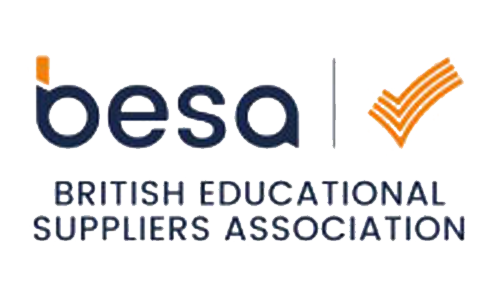
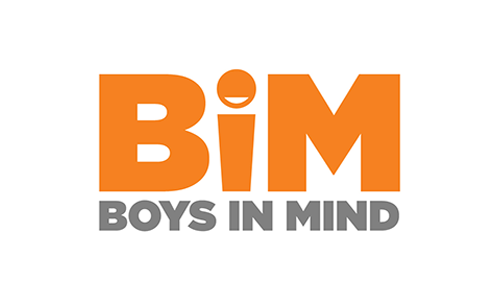
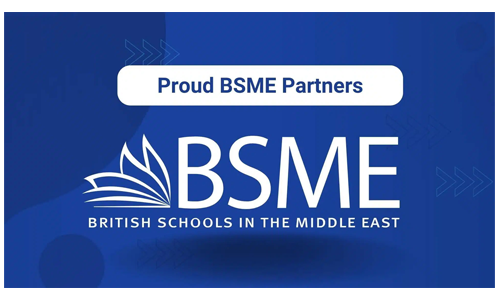
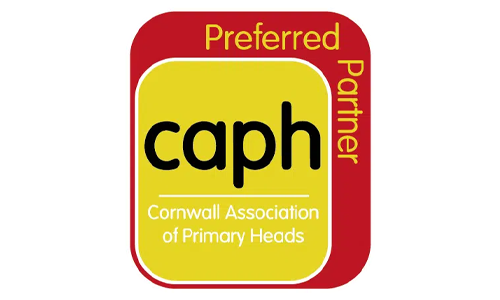
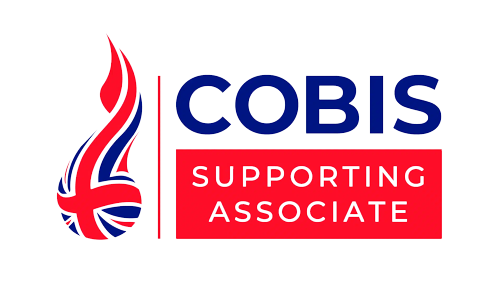
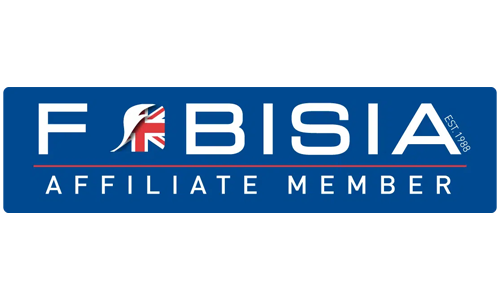
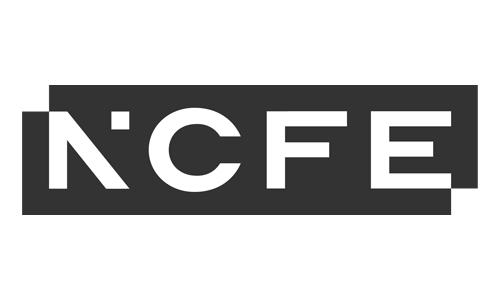
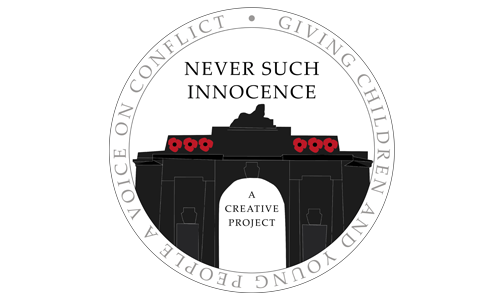

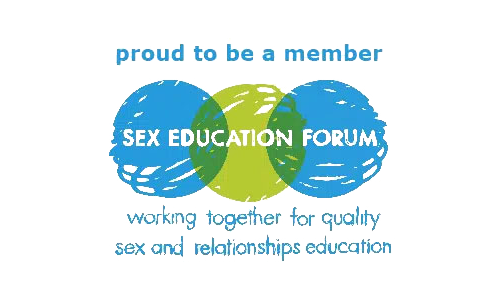
![Just Finance Core Logo Colour[89]](/media/0tbcemuc/just_finance_core_logo_colour-89.png)
